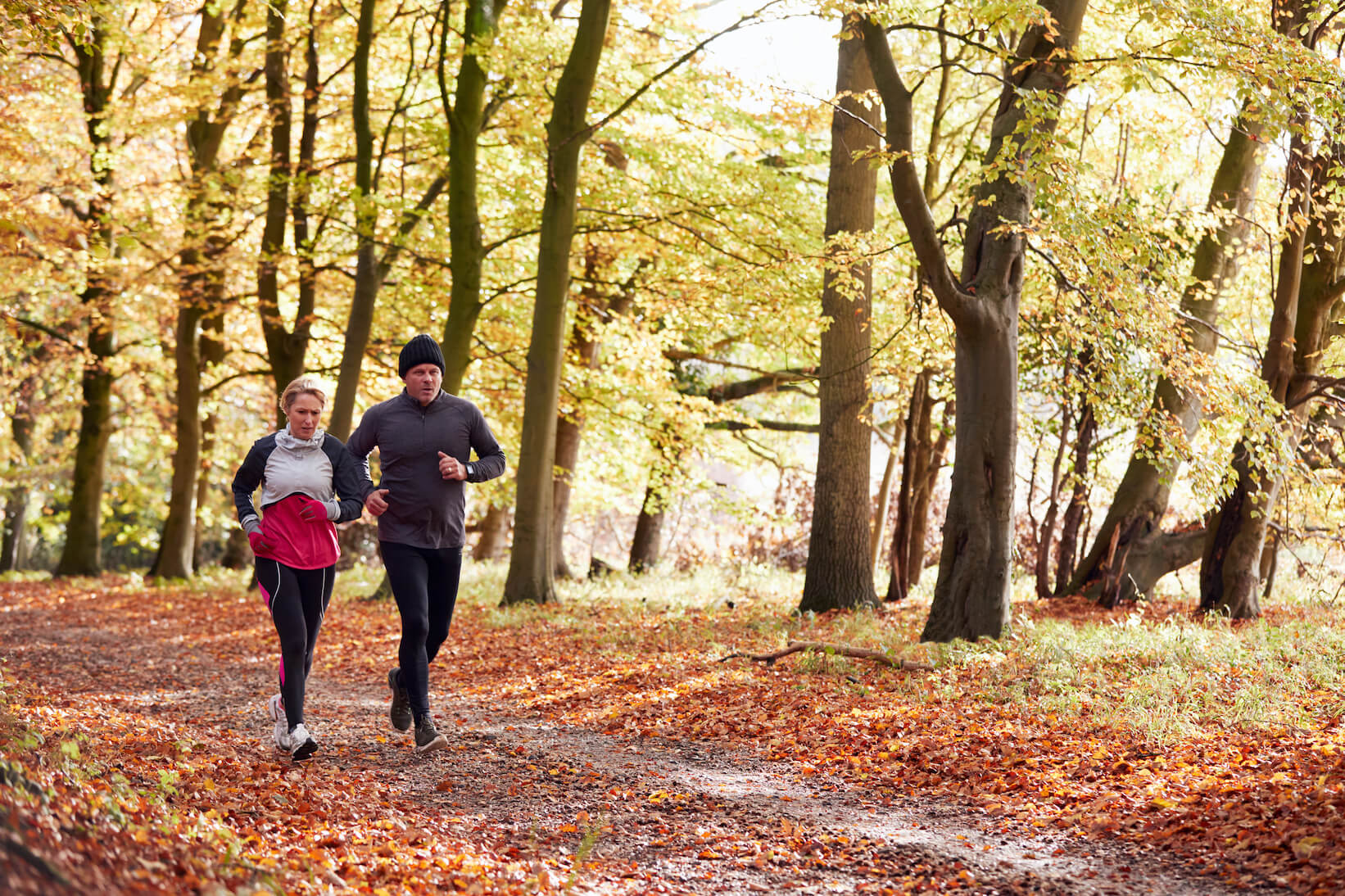You may remember the name Charlie Unwin from some of my other blogs. He’s a sports psychologist who works with top athletes and other peak performers. Many of his ideas can be applied to daily life, and I thought I’d explore one of them here.
Let’s start by using your imagination. Picture walking on a pavement, along the granite kerbstones. They’re wide enough to walk on, so you won’t worry about toppling over. But what if the edge was a steep cliff face down to the ocean? You’d probably freeze. Yet you’ve been walking all your life. Practising more walking won’t help. The only fix is to deal with the fear and discomfort that’s playing out inside your mind.
This focus on what’s inside our heads is what Unwin calls the ‘performance inside’. And the reason it’s so important is that the way our minds work is relatively constant over time. Our goals will change over the years, as different parts of our life become more or less important. But the more we get to manage our thoughts and emotions, the more consistently we can apply ourselves to every challenge. The benefits stay with us forever.
I find this useful because it helps us see beyond the short-term. It also encourages us to stop judging only on outside appearances. If appearances are our yardstick, then we may value things like big biceps, a narrow waist or a six-pack for summer. These can be handy goals, of course. But long-term success on the outside will only come from building consistency on the inside.
So what things can we do to improve our ‘performance inside’? Here are five ideas to play with:
Find time for recall and reflection
Training for skills and fitness is great, but be careful not to focus only on ‘doing’. If you don’t carve out time for reflection, you won’t be able to judge the quality of your efforts. That gets in the way of making changes for the better.
Most of us will get better results by substituting quality for quantity. That means focusing on first principles, correct form and more planning. Then you can train with real intensity and will see the results. We are creatures of habit, and some people find it scary to pause and consider what it actually takes to improve.
Practise being brave in small doses
To maintain your confidence under pressure, you must practise dealing with your emotions. So challenge yourself little and often to do something a bit uncomfortable. It might be as simple as adding some hills to your next run. Or perhaps there’s a fear you’d like to overcome, such as learning to speak up when you disagree or need help.
These small inoculations will give you a healthier relationship with fear and excitement. It’s easy to avoid situations that make us feel uncomfortable, but dealing with this stress makes us more resilient.
Work on your self-awareness
We all do things without thinking. Do you tell white lies for an easier life? Or slump in your favourite chair? When you open an email, do you hold your breath? Most people do. Even tiny events create stress or discomfort we’re not consciously aware of. By deliberately watching yourself, you may pick up parts of the ‘performance inside’ you hadn’t noticed. That can help create more predictability and confidence in how you behave.
For some bad habits, see if an internal conversation works: “Jess, you should calm down. Next week’s job interview is not the end of the world.” Psychologists call this trick ‘distanced self-talk’. It’s a simple way of finding some calm and emotional perspective. It may also let you re-frame what seems like an impossible challenge. Never under-estimate the power of your own encouragement.
Feeling like you belong
You may have heard about imposter syndrome. It’s a label for the self-doubt that leaves people fearing they will look stupid or be exposed as a fraud – especially at work. It tells us that being comfortable with our identity is a big part of the ‘performance inside’.
The issue is that a bit of success can challenge these identities. The move from rookie to champion, or apprentice to boss, is hard. You’re no longer the underdog, so now much more is expected. As a rookie, you were trying to master something. You felt the rewards of day-to-day progress, building your skills and experience. Now you’ve stepped up, the risk is that you think more about how you’re seen by others.
One approach is to always keep that focus on learning and personal development. It’s necessary for high performance and will feed your confidence, too. Don’t pretend to be Superman or Superwoman – being authentic actually makes us more trustworthy and influential.
Harness the power of routine
A friend of mine enjoyed guitar lessons, but noticed that they made him nervous. Why? Because his tutor, however relaxed, was still an audience. Our brains know when there’s a performance and someone judging it. So the journey to the guitar lesson can bring the same kind of emotions as an athlete waiting for the starter’s pistol.
This shows us that you’ll find high pressure situations everywhere. To manage them, it’s often wise to develop habits and routines. You can then anticipate when you might feel uncomfortable, and do something practical about it. A routine might mean visualising the positive outcome you’re looking for. Or simply packing your kit in the same way, the night before a race. Perhaps you have a ‘lucky’ watch or bracelet you can’t forget. Find what works for you and turn it into a routine that requires zero thought.
Conclusion
We all have things around us we can’t control. Life will throw many things at us – highs and lows, achievements and disappointments. So remember to train the ‘performance inside’ as well as your body. It will give you the intrinsic motivation you can apply to everything you do, paying dividends in the long-term. Consistency on the outside only comes with consistency on the inside.


